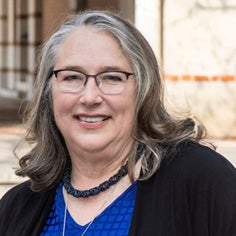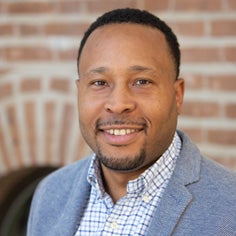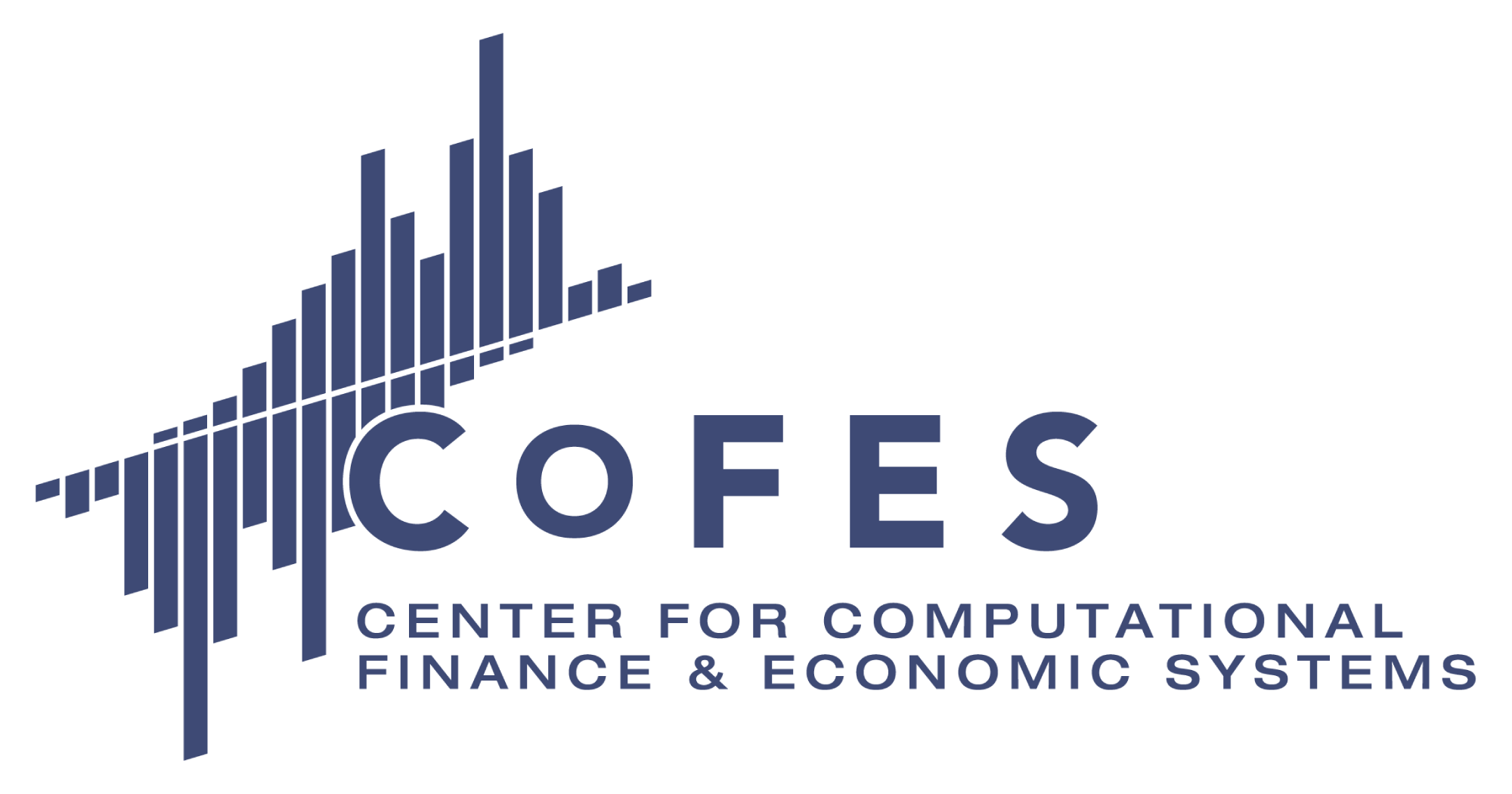
Katherine Ensor, the Noah G. Harding Professor of Statistics and CoFES director interviews Michael Jackson, who is the new director of the Professional Master of Statistics (MStat) program and faculty lecturer for the Center for Computational Finance and Economic Systems (CoFES) and the Department of Statistics.

Michael Jackson is an experienced instructor in combining principles from the fields of statistics, data science, computing, and operations management for investment analysis and risk management, stochastic modeling for markets and finance, advanced time series analysis, and machine learning. Jackson has worked on the front lines for several venture capital and startup companies. He is also head of data science and machine learning for New Territory Advisors, LLC, a hedge-fund company in Houston, TX.
. . .
Ensor: On behalf of CoFES and the university, I am delighted you have chosen to join our community and serve as a powerful voice in quantitative finance. You have inspired many students this year who are earning degrees in business, computer science, computational and applied mathematics, economics and mathematical economic analysis, statistics, and other disciplines across engineering and science.
In addition to teaching two three-credit courses – Quantitative Financial Analytics STAT 482/682 and Market Models STAT 486/686 – you are the instructor for Quantitative Finance STAT 499/699, which is a one-credit course offered every semester.
Jackson: Thank you for the introduction. I am very excited to return to academia. I have a strong passion for higher education, especially teaching. Quantitative finance is also an extremely sophisticated and exciting field that uses my background in statistics, data science, finance, and operations management.
Ensor: This year, students have been encouraged to take advantage of STAT 499/699 as a repeatable course. What are the key aspects of the course and its special topics?
Jackson: Students taking the course are exposed to the broad array of research in computational finance and economics taking place on campus and in the larger scientific and business communities.
Further, students acquire a deeper understanding of specific topics, such as an introduction to the resources and practices of quantitative finance, financial securities, detecting and mitigating systemic risk, the role of analytics and statistics in the broader energy markets, commodities and futures, and high-frequency trading.
Many pioneers of the field developed highly influential mathematical techniques still used today to inform investment decisions. However, this theory came well before the wide use of personal computers and the dawn of machine-driven data analysis. Connecting theory with the practical use of modern statistical analysis and data science is making electronic trading simulation experiences an invaluable part of the course curriculum.
Ensor: What changes have you made this year to the electronic trading simulation experience?
Jackson: During the 2022-2023 academic year, electronic trading simulations were an optional component of the class curriculum.
Because of broad student interest in building simulated trades based on knowledge of mathematical and statistical methods, economic and portfolio theory, and the use of modern techniques in data science, each class opened with discussions on trading strategies.
For example, we talked about contemporary global macro strategies. We discussed country-wide inflation issues and how the FED’s response introduced investment opportunities. We also investigated the carry trade, which involves borrowing from countries with a low-interest rate and using the borrowed amount to invest in a currency with a higher interest rate to make money from the differential.
A lot of students have more experience trading stocks than they do with future contracts and options. We talked about value and momentum and some of the more traditional trading strategies. I encourage students to investigate investment opportunities without speculating, to test a theory and find an investment roadmap.
Ensor: In addition to your work at Rice, you have experience working for several venture capital and startup companies. What vision do you have for incorporating this experience into your class curriculum and simulation experiences?
Jackson: During trading simulations, students are assigned a virtual account of $100,000 so they can trade CME Group’s top products across all six asset classes, including Bitcoin and Micro E-mini futures.
My goal is to inspire students to expand their trading knowledge across more than one asset class. I also want to make FX a special topic and encourage students to experiment with currency trades.
- Shawn Hutchins, Communications and Marketing Specialist

